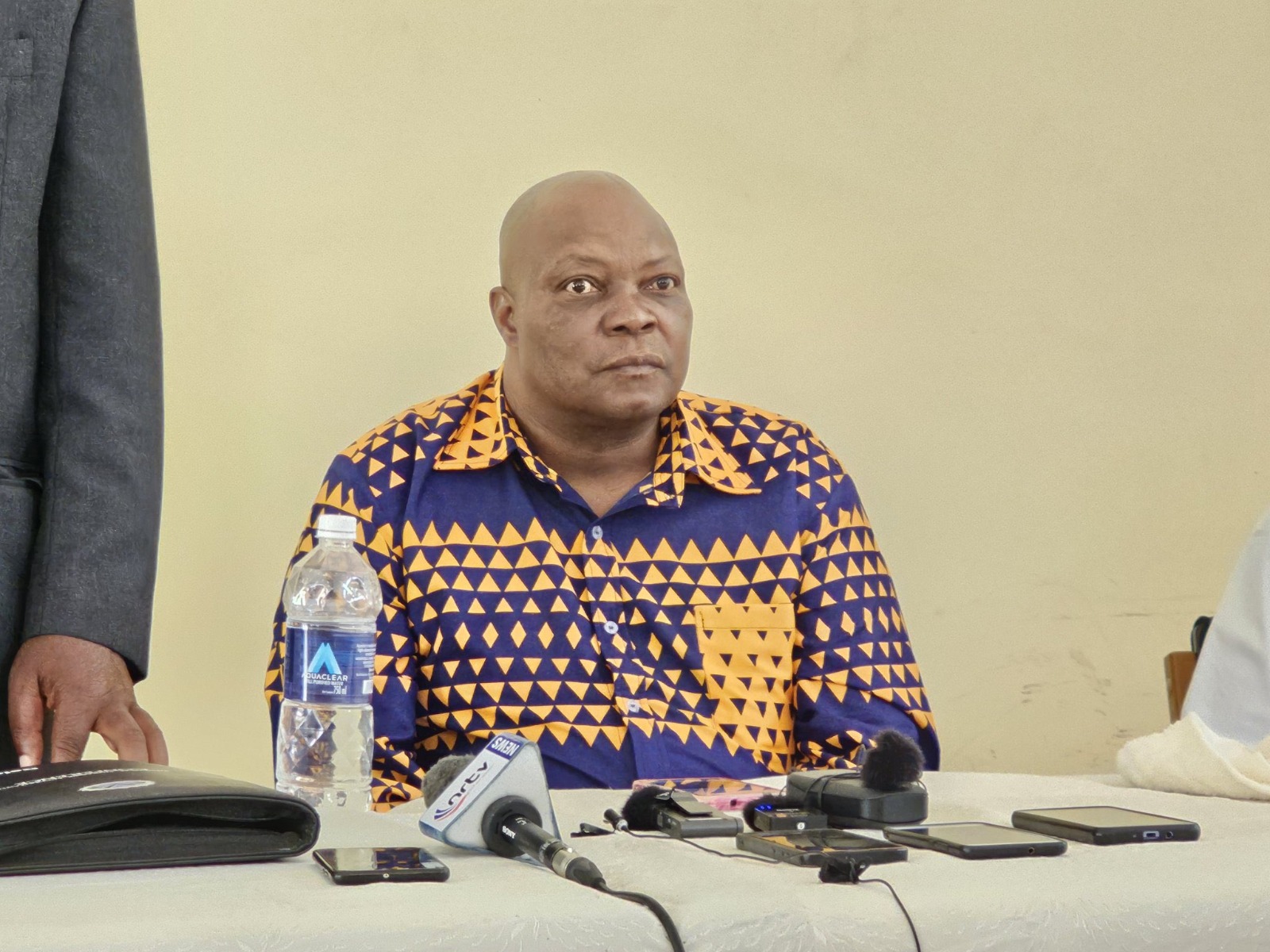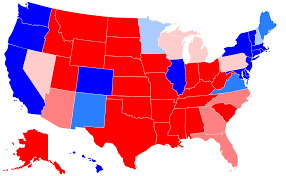Introduction
The African National Congress (ANC) has been a dominant force in South African politics since the end of apartheid. Serving as the ruling party for much of the country’s democratic history, ANC councillors play a crucial role at the local government level. They are responsible for addressing community needs and ensuring that the government’s policies are implemented effectively. However, recent events have highlighted significant challenges facing these councillors in their efforts to govern effectively and serve their constituents.
Current Challenges Faced by ANC Councillors
In recent months, ANC councillors have come under increasing pressure due to a variety of issues including service delivery protests, internal party conflicts, and budget constraints. A notable example occurred in September 2023, when a wave of protests swept through several municipalities as residents expressed their dissatisfaction with the lack of basic services such as water supply and waste management. These protests reflect a growing impatience among the populace, which has a direct impact on the reputation and effectiveness of ANC councillors.
Moreover, the internal dynamics within the ANC pose further challenges. With reports of factionalism and disputes over leadership positions, many councillors find themselves torn between party loyalty and the needs of their constituents. This has resulted in paralysis in decision-making at local levels, hindering the councillors’ ability to implement solutions for pressing community issues.
Impact on Service Delivery
The challenges faced by ANC councillors significantly affect service delivery in municipalities across the country. An analysis conducted by the South African Institute of Race Relations (SAIRR) in October 2023 indicated that many municipalities governed by the ANC were struggling to meet basic service delivery targets. Not only does this dissatisfaction lead to public unrest, but it also has implications for the ANC’s broader political future as community rejection could translate into electoral losses in future elections.
Conclusion
As the ANC seeks to navigate these turbulent waters, the future of its councillors remains uncertain. The party’s leadership will need to address both internal conflicts and external pressures if they wish to regain public trust and enhance the effectiveness of its local governance structures. It is clear that ANC councillors are at a crossroads where proactive engagement with their communities and revitalized internal cohesion are vital for the party’s survival in South African politics. Observers anticipate that without substantial changes, the ANC may face significant challenges in upcoming local government elections.


